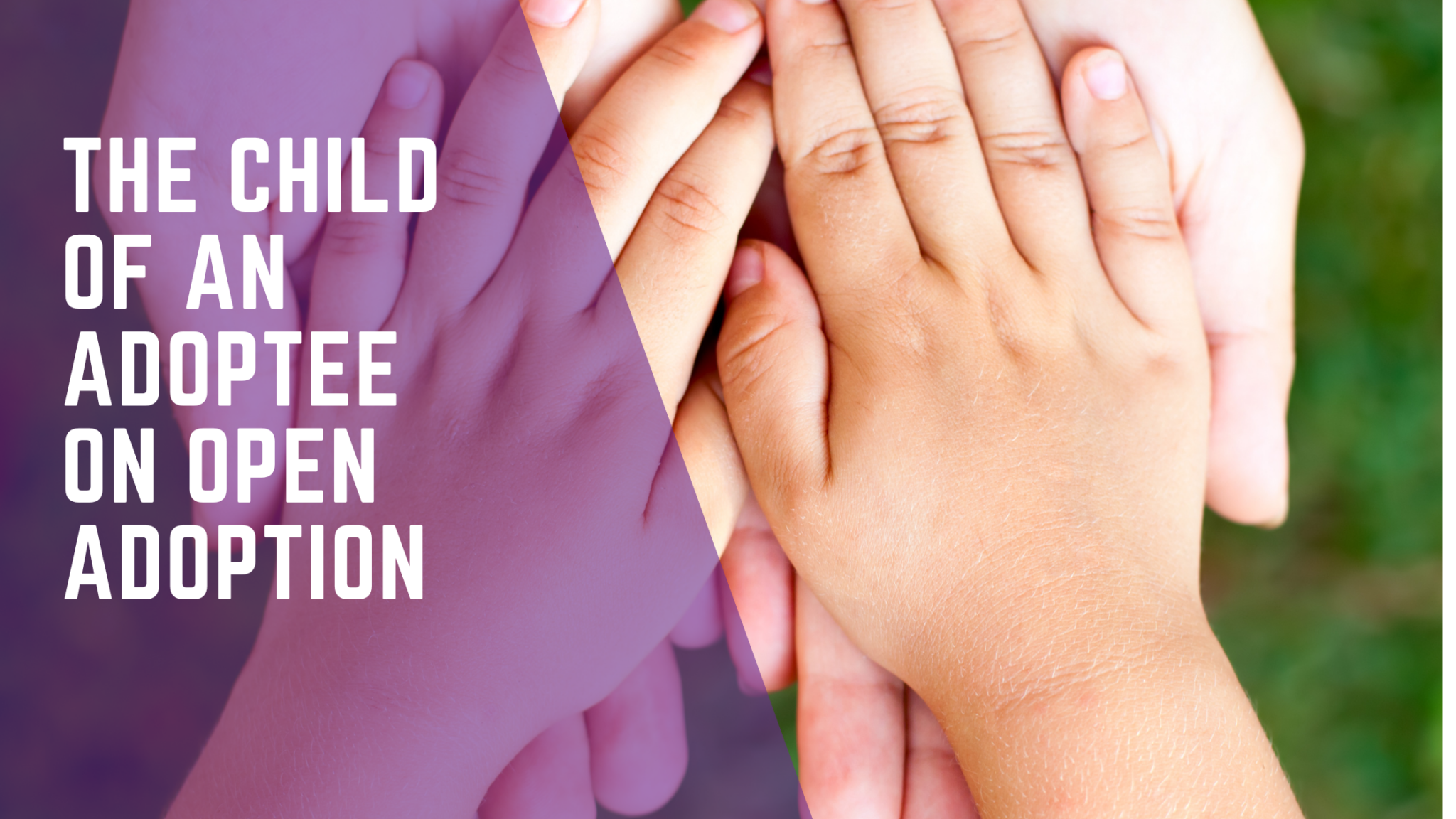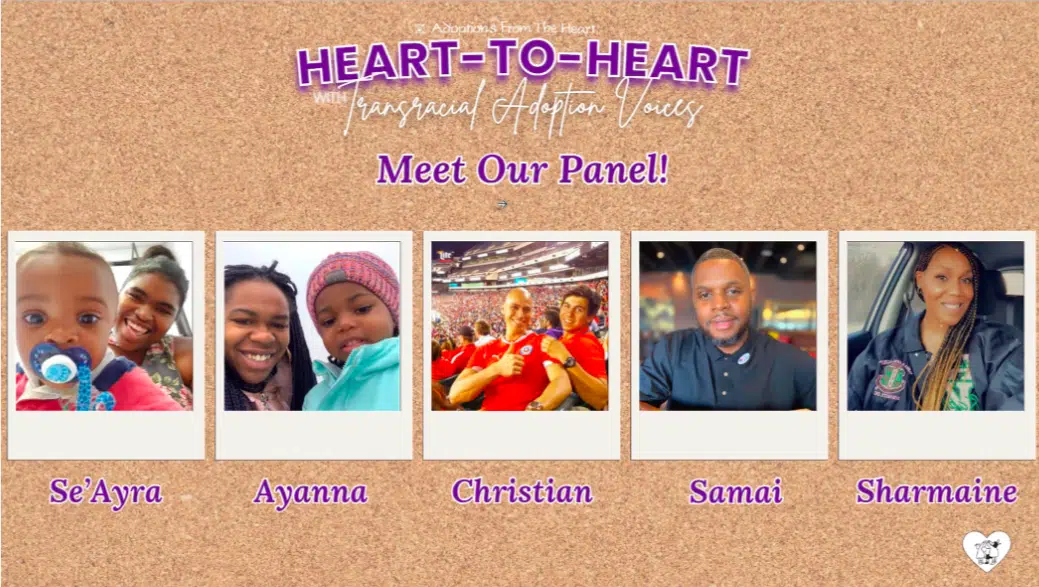Do you need a plumber? Just go on your Facebook or Twitter and ask for recommendations from your friends. Looking for an affordable online clothing site for baby clothes? Just direct message a mommy blogger on Instagram asking where she bought her baby’s cute onesie. Want to adopt a baby? Just put up a “Looking to Adopt an Infant” social media ad. Seems simple, right? The frightening fact is: more families are taking the risk to adopt through social media or an online adoption facilitator.
The process of adopting a child through an agency can be long and exhausting. For those yearning to become parents, facilitating an adoption independently may seem like an easy way to start a family. Although adopting a child through an online adoption facilitator or Facebook group might sound awesome, think again. Here’s a list of reasons why expecting parent(s) and prospective adoptive parent(s) should consider going through a licensed agency:
– State Adoption Laws: It is extremely critical that both the expecting parent(s) and prospective adoptive parent(s) receive education on the adoption laws that differ from state to state. For instance Delaware, Kansas and Maine prohibit the use of any adoption facilitator or intermediary outside of a licensed adoption agency. There are states where facilitators can work; however, these entities must abide by certain rules and regulations.
There have been many instances where adoption placements could not be legally finalized as a result of the online facilitator. An online facilitator and the average person involved a social media adoption are unaware of their state’s adoption laws. Licensed non-profit agencies like Adoptions From The Heart (AFTH) are monitored by the state and therefore hold a responsibility to follow state laws and regulations.
–Matching: Non-profit adoption agencies carefully screen prospective adoptive parent(s) and expecting parent(s) to ensure they are the best match for one another. Social workers at adoption agencies thoroughly review all of the expecting parent(s) medical files, as well as the arrest history of prospective adoptive parent(s). At an adoption agency it is mandatory that all prospective adoptive parent(s) complete a home study to confirm they can raise a child in a healthy and safe environment. A non-profit adoption agency will never place a child with a family that has failed their home study evaluation.
–No-Onsite Adoption Training: Adoption agencies offer training courses that cover openness, transracial adoption, in-utero drug and alcohol exposure along with other important topics. Those who make an independent adoption plan via social media may have an adoption attorney; however, they can only educate prospective adoptive parent(s) and the expecting parent(s) on the legal aspects of adoption.
–No Included Counseling Services: Adoption is an emotional journey for both the expecting parent(s) and the prospective adoptive parent(s). Counseling is an important ethical component for both parties in the adoption process. A non-profit adoption agency offers in-person counseling services from their social workers and licensed adoption counselors.
A professional counselor can help the expecting mother consider all her options in terms of parenting, adoption or abortion. The counseling relationship is essential in helping the expecting parent(s) make an informed decision. A face-to-face relationship helps both parties feel comfortable to disclose their expectations for the open adoption relationship.
Online adoption facilitators do not offer in-person counseling sessions to help prepare expecting parent(s) for the baby’s birth. Social workers are there to help expecting parent(s) mentally prepare for the adoption placement, and process their grief post-placement. If a disappointment or disruption happens along the way, counseling services are available for those prospective adoptive parent(s).
-Potential Disappointment/Disruption Expenses: Prospective adoptive parent(s) need to remember that expecting parent(s) may decide to raise the child within the timeframe they can legally reclaim their parental rights: If a placement falls through due to a disappointment or disruption, the prospective adoptive parent(s) will not receive a refund for what they paid the online facilitator and adoption attorney.
Although prospective adoptive parent(s) will not receive a refund for a disruption or disappointment through a non-profit adoption agency, they will not have to pay for a second time if they choose to adopt again.
An adoption placement made independently through social media or online adoption facilitators is dangerous and legally unreliable. At AFTH it is equally important that ALL members of the adoption triad are served fairly and informed of their rights. A non-profit adoption agency is there to help every step of the way- it does not end once the prospective adoptive parent(s) and expecting parent(s) are matched.
Sources:
–My Adoption Adviser– “Private vs. Agency Adoption”: https://bit.ly/2OljOPP
–Child Welfare Information Gateway-”Use of Advertising and Facilitators in Adoptive Placements”: https://bit.ly/2C9AR0L
– National Council For Adoption– “The Role of Facilitators in Adoption” : https://bit.ly/2PrwjXh




